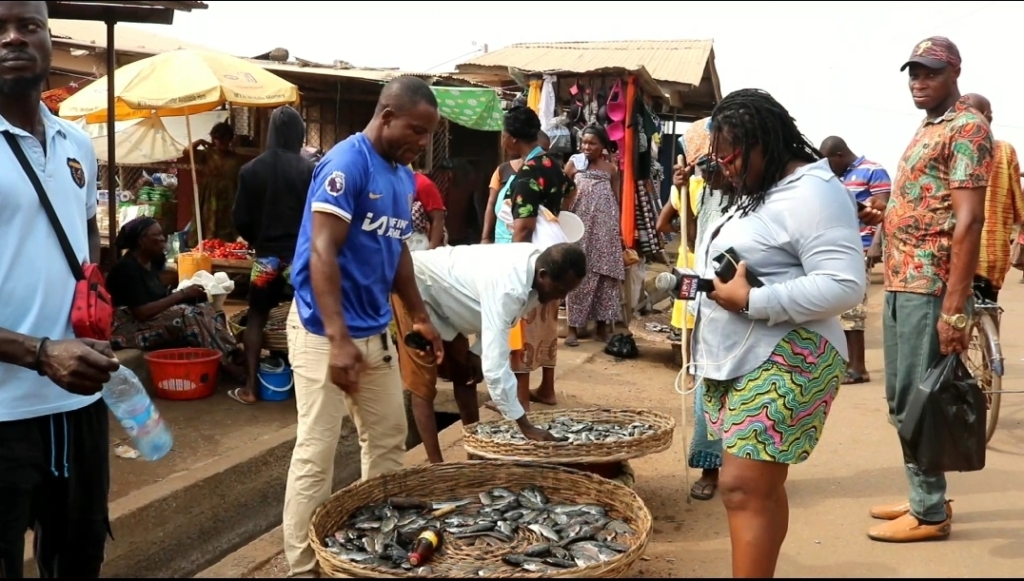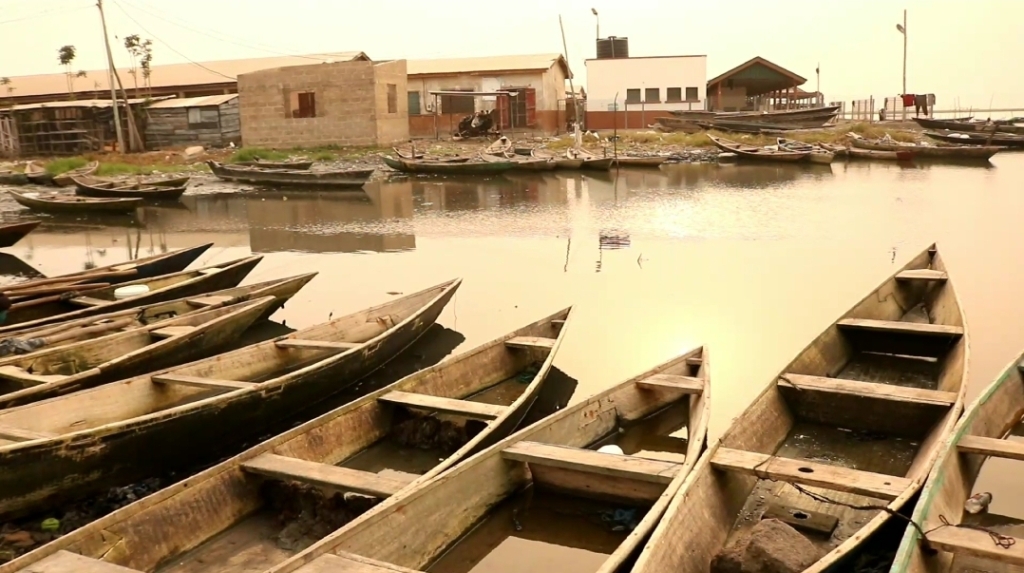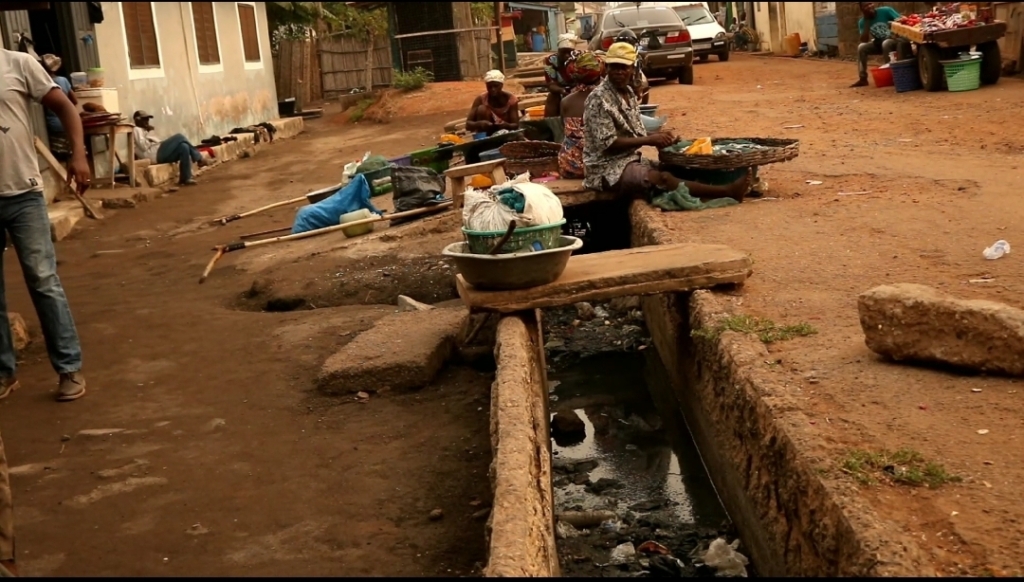Authorities and locals in the Volta Region’s Anloga District are dealing with a terrible sanitation issue that is seriously endangering public health, especially around the Anloga fish market and riverbank.
If the problem is not resolved right away, the local populace may be exposed to serious health risks.
Many people rely on the Anloga fish market as their primary source of income and as a vital hub for the fish trade, but it is currently beset by poor sanitation and waste management procedures.
The buildup of junk, which includes common rubbish, fish parts thrown away, and plastic detritus, has made the area unhygienic and dangerous for both vendors and clients.
Local government agencies are worried about the possible health risks associated with the market’s current situation.
There’s no proper way to dispose of our rubbish, therefore the region doesn’t look decent. This not only makes the area unsightly, but it also provides the ideal habitat for illnesses and pests.
The fish and other seafood we purchase from the market has a serious issue. It might be tainted, which would be harmful to our health.
Our water source, the riverbed in the Anloga district, is likewise struggling to maintain cleanliness. Everyone who uses the river for drinking and cooking is concerned about the water’s contamination caused by trash dumped into it.
This could result in diseases that spread by water, which would be harmful to humans.
People are pleading with the government to intervene and resolve the issue. Our waste needs to be better managed, and we need to maintain cleanliness, according to Ama Kofi, a community leader.
She wants the government to take quick action to ensure that our neighborhood is a clean and safe place to live.
The Emmanuel Dzkpasu-led District Assembly is discussing a strategy to handle waste throughout the entire Anloga district.
In addition to resolving the problems at the fish market, they want to ensure that everyone in the neighborhood is aware of correct trash disposal techniques.
To find out if the trash and contaminated water are causing illness, environmental organizations and local health officials are collaborating. They’re looking for solutions to make this stop.




